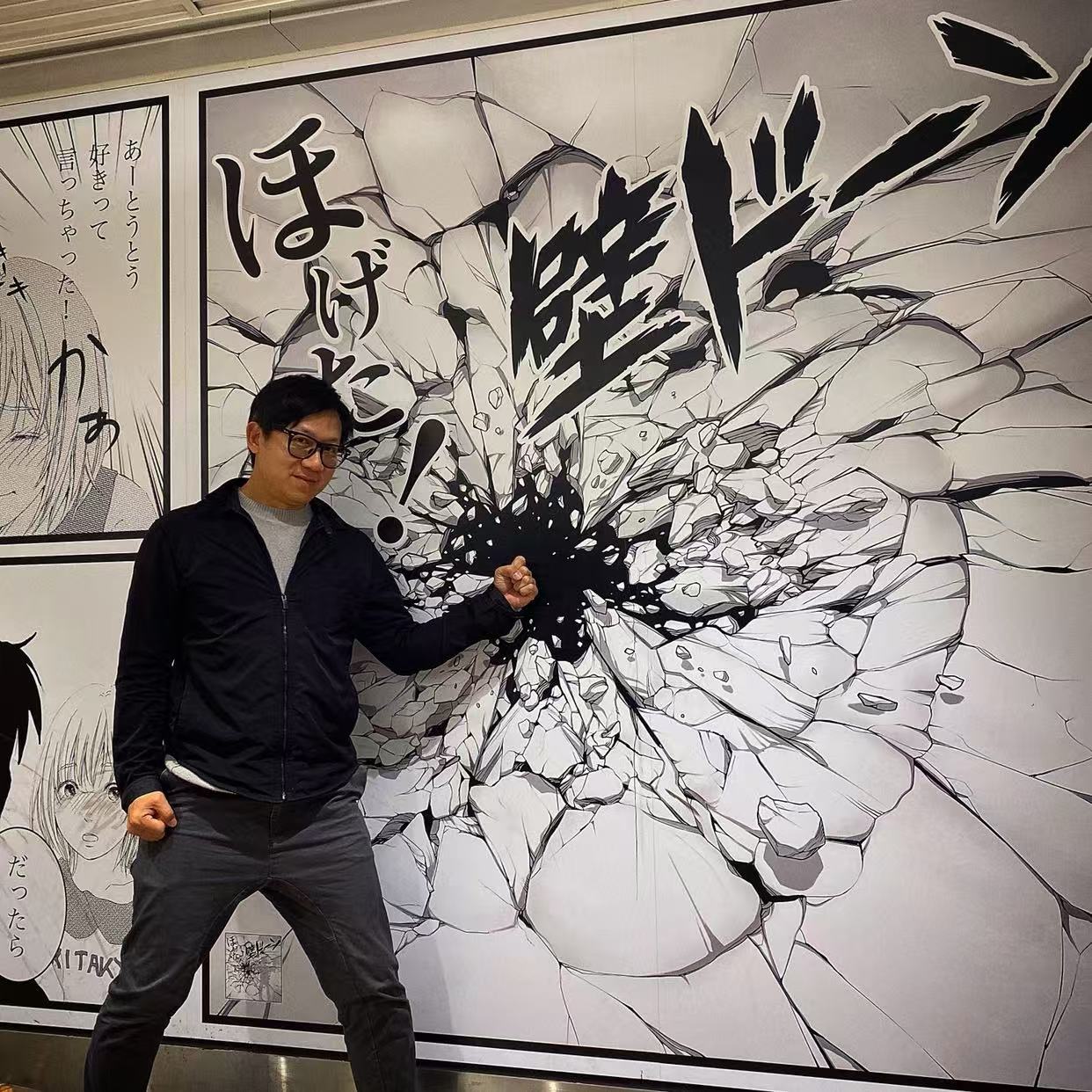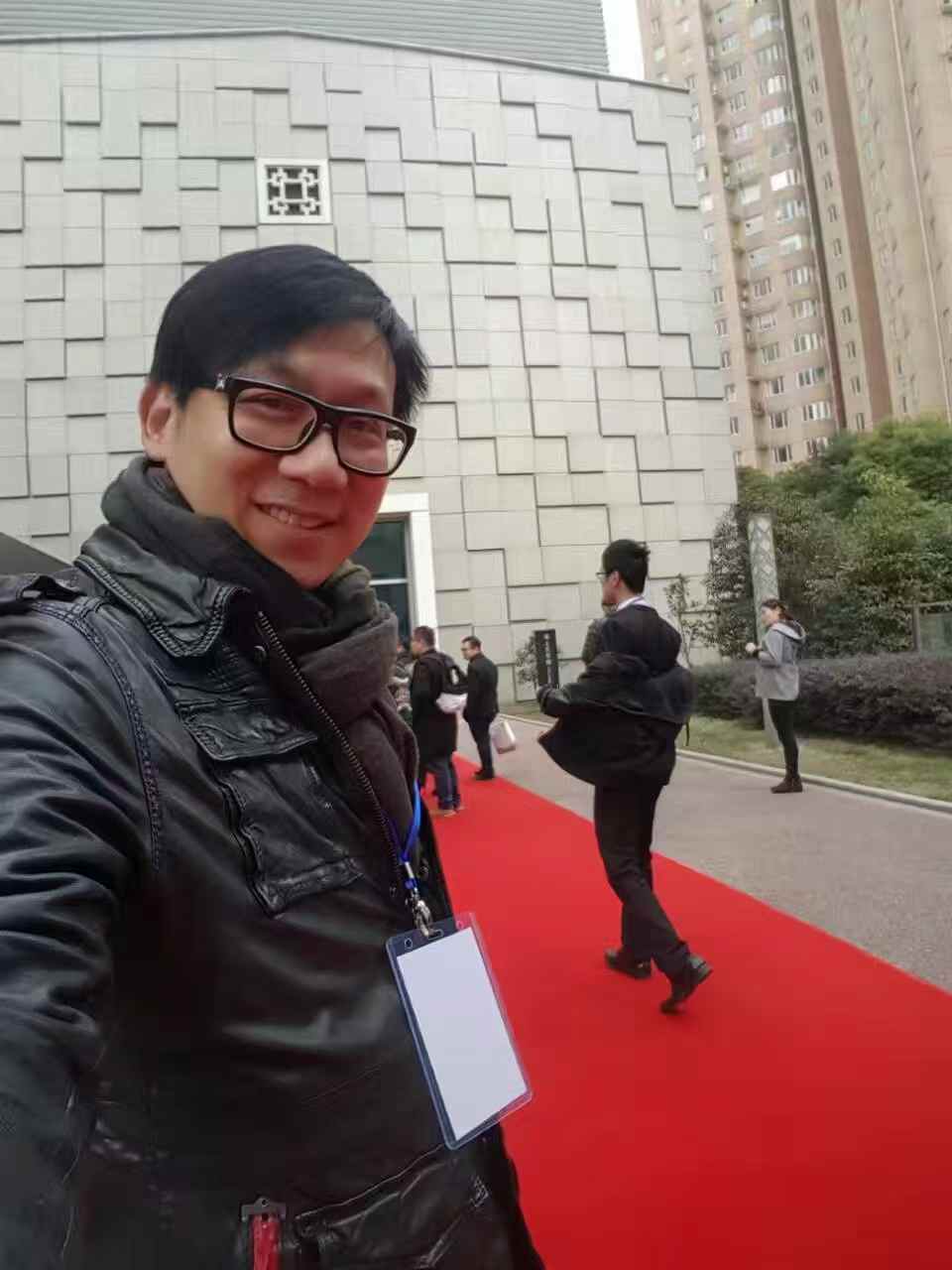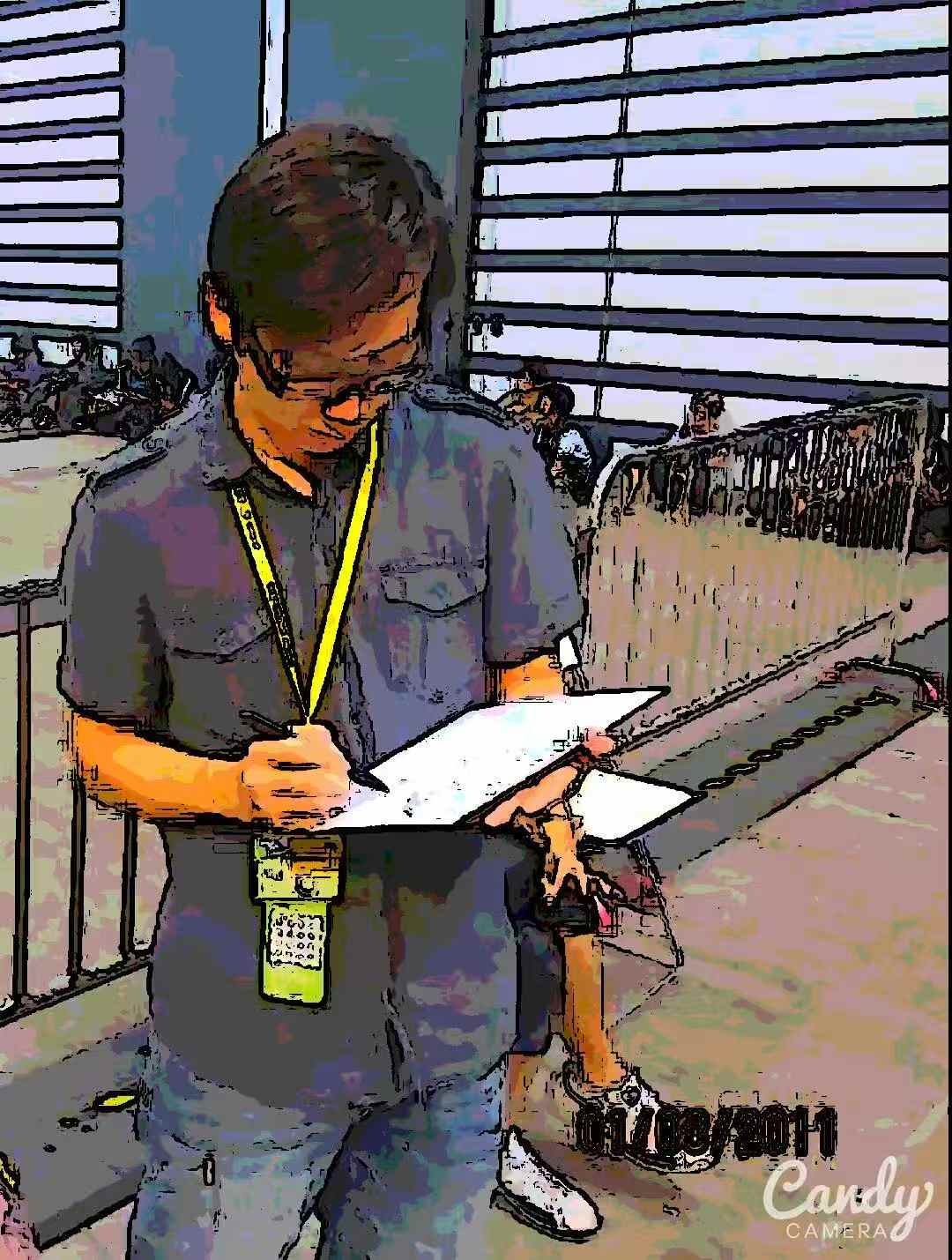
As the Labubu craze, fuelled by social media and the blind box culture, sweeps across China, some worry it may just be a passing fad.
But for most, the phenomenon highlights China's growing influence on global trends and its shift toward creative industries. Indeed, it has transformed the intellectual property (IP) industry, shining a spotlight on IP managers such as Toby Yue from Hong Kong Special Administrative Region.
Yue, who has more than 38 years of experience in the copyright and publishing industry, has participated in the production of many famous comics in Hong Kong. He is currently one of the directors of the Hong Kong Comics and Animation Federation Limited (HKCAF).
ALSO READ: cultural-links-boost-China's-image--2025-07-31">Social media, cultural links boost China's image
As an important member of the Hong Kong comics industry and a senior comics producer, Yue has become an iconic figure in the industry. He has successfully promoted and negotiated numerous comics copyright deals for the industry, leading to their successful adaption into movies, TV series, radio dramas, computer games, online games, animations, and more.
Yue had also served as a judge in many comics competitions, and in recent years he has been invited to serve as a judge for the Greater Bay Area Comic Fans Original Comics Competition.
Over the years, Yue has had the chance to work with many remarkable Hong Kong-born creatives, some of whom have gone on to achieve international recognition.
He once briefly worked with artist Kasing Lung during their time at Culturecom Holdings Ltd. Later, while running The One Comics, Yue collaborated with author Yu Yi, adapting City of Darkness into comic form and publishing a range of children-focused works together.
Yue shared, “It’s incredibly rewarding to have crossed paths with such talents, and to see their creations now resonating with audiences around the world.”
Yue’s decision to enter the comics industry was driven by a deep-seated childhood dream. Reading comic books as a young child led Yue to admire the gifted “idols” behind their creation. Being able to join the industry and work alongside those childhood idols gave him both joy and incomparable happiness.

However, those feelings soon evolved. As Yue’s former idols became his daily colleagues, a new strong desire developed and he began to ask himself, “Can I create my own comic characters and stories?”
For the comic Manga Boy, Yue said he was fully involved in the creative process — from conceiving the storyline to post-production planning and coordination. Having found great satisfaction from creating comics, Yue began his career as an IP manager.
READ MORE: Labubu is a sign of China’s increasing soft power
Though not a comics illustrator, Yue said that he has experienced the magic of “from nothing to something”: a character’s soul emerges from a blank manuscript paper, and scattered inspirations weave into a complete story. “This kind of satisfaction of creation is far beyond what words can describe,” he added.
Later, ONE Comics Publishing Ltd, was established to participate in the comics planning of Pleasant Goat and Big Big Wolf, and Yue witnessed how a valuable and high-quality IP comic successfully grew from its infancy to a cultural symbol.
Twilight of the Warriors: Walled In is one of the most popular action films in Hong Kong in 2024. Yu Yi, the author of the original novel, City of Darkness, worked as a senior screenwriter for a year at the same company. Yue said, “This experience gave me a deep understanding of IP.”
Now, Yue is back at Culturecom Holdings Ltd to manage IP licensing. “I firmly believe that comic IP copyright is a living asset with great value,” he said.
“Most importantly, every successful IP has its own unique character and history, and the process of managing IP is like nurturing the growth of new life: observing them transcend forms of media and various generations and continuing the communication with the world.
Besides, having spent nearly four decades in the industry, Yue said that his passion for nurturing original IP has never faded. “Even after all these years, I still love the feeling of bringing a character to life — from a sketch to a story to something that lives in people’s hearts. That magic never gets old.”
“The joy of creation and witnessing is the most fascinating part of choosing this industry,” Yue added.
ALSO READ: China’s toy story set for blockbuster run
In recent years, he has worked hard to assist various social welfare and voluntary organizations to organize comic exhibitions and comic workshops. He hopes to work with the Hong Kong government and promote the high-quality development of the IP cultural industry in the Guangdong-Hong Kong-Macao Greater Bay Area.

This will help inspire younger generations to understand and continue building upon the creativity of IP culture innovation, so that they can grasp the opportunities and challenges of the evolving cultural industry in the new era, and make great contributions to local comics and overseas markets, Yue said.
Generation Z is redefining “happiness” through consumption, Yue noted. “Young people spend money to open blind boxes in the consumer market to get surprises from stuffed dolls and get a moment of healing,” he said.
The “emotional business opportunities” generated by the IP rights industry are worth hundreds of millions of dollars.
As both a local artist and IP manager, Yue said that Hong Kong does have its unique advantages in IP creation, commercialization and management, and has played an important role in the rise of the mainland's IP economy in recent years.
As for the difference between Hong Kong’s IP market and the Chinese mainland’s, Yue said that the latter is huge and developing rapidly, but he believes that competition is extremely fierce.
“Each region’s IP has its own soul, just like everyone has a unique personality and characteristics, which are not the same,” he said, adding that instead of over-calculating the differences between the two markets, it is better to focus on their own characteristics.
The most important thing is to express one’s distinct personality and characteristic IP, he said. When the works can faithfully represent their local cultures, their potential for growth becomes a measure that exceeds typical standards.
READ MORE: Institutions to promote HK as a cancer IP trading hub
According to him, Hong Kong IP practitioners can help the Chinese mainland market in several ways, such as international vision, commercial maturity, capital and legal experience. First of all, as a meeting point of Chinese and Western cultures, Hong Kong’s IP design is more likely to take into account both local and global aesthetics. Second, Hong Kong IP operations are good at licensing cooperation and derivative product development. Third, Hong Kong’s mature copyright protection system and financial environment provide a model for IP assetization (such as non-fungible token and cross-border licensing).
“I firmly believe that Hong Kong and the mainland are more about cooperation than competition and both sides can complement each other and achieve a win-win situation,” Yue added.
However, he suggested that the future of Hong Kong comics and the IP industry should not be limited to the existing publishing model. “We need to explore how to maximize the value of comics IP content through systematic IP operations,” he said. “This will become our key mission in the future.”
Contact the writer at vivienxu@chinadailyapac.com


